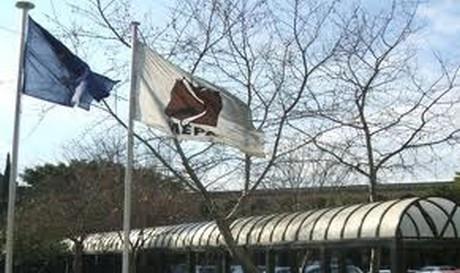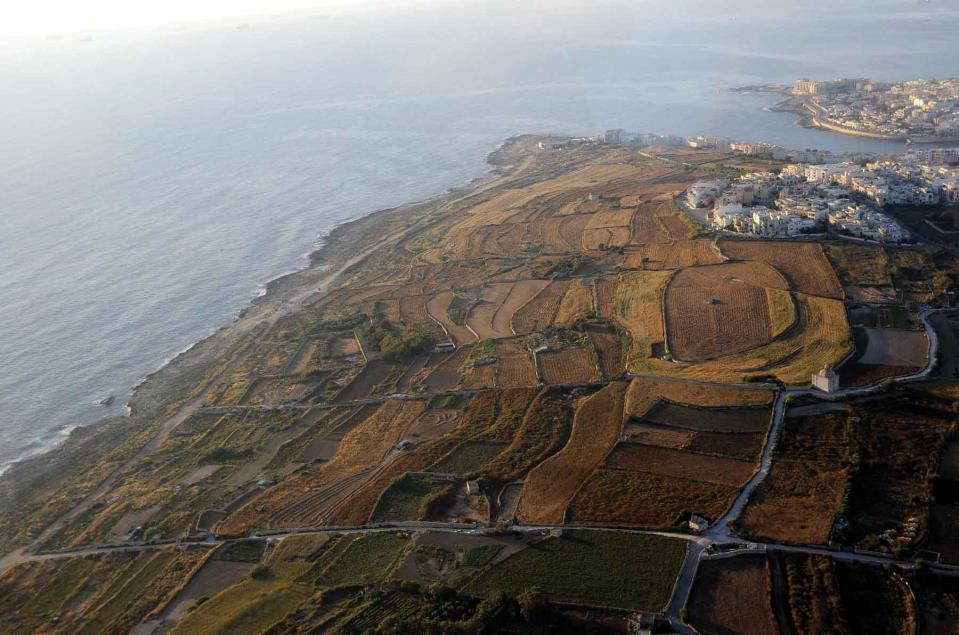Let’s start from the basics. What is the role of the Environment Minister?
I believe that the role of the environment minister should remain constant, irrelevant of the administration. It is ultimately about protecting the environment, pushing the environment agenda forward and ensuring the government sticks to its electoral manifesto. The government is committed to doing just that, and further more abolishing the practise of implementing pledges at the end of the legislature.
A typical case in point is MEPA’s demerger, which is being given great importance, because it enhances the role of the environment minister.

When is the split set to happen?
The legislative process depends on the parliamentary agenda – however legislation for both sides is ready. So if hypothetically, the government decides to legislate tomorrow, I am ready to present the bill.
We have not waited for the legislative process to start in parliament, because by the time that takes place, more time would have passed. The earlier the split is set – the better for the environment.
The environment sector has always been deemed the Cinderella industry, because development seems to overtake it, and here I’m pointing a finger at a number of governments across the years. We need to bridge this environmental deficit – through capacity building in sectors which have been long neglected.
We have also engaged in logistic planning through consultation with employees, unit managers and unions. Through consultations, we have clearly identified the strengths and weaknesses which have accumulated during the year.
Hexagon House is being properly managed to house the new environment authorities, given the site was in a state not fit for working. I made it a point to meet up with MEPA’s employees every so often, and not waiting until a problem crops up. The employees have been allowed to propose policy shifts and the feedback was extremely positive.
A call for a director and CEO of the environment authority is set to be published in the upcoming weeks. To allow for a smooth transition, we have set up an implementation house. The separation will also allow for better synergy, because of overlapping of roles between ministries.

You have mentioned safeguarding the environment as one of your roles. Don’t you think that people expected you to take a concrete stand against the proposed development of Zonqor?
I am a member of the government and discussing the cabinet’s agenda would be irresponsible. As a member of the cabinet, I have the right to raise issues, but there is collective responsibility involved as well.
I can assure you that I respect people’s opinion. Every environment ministry is considered a poisonous chalice – and this is the feedback I get whenever I meet environment minister at EU meetings. The environment agenda needs to reconcile with other sectors, such as transport, infrastructure and energy – all of which have an impact on the environment. One needs to strike a balance.
The old notion that environment and economy constantly fight like cat and dog needs to stop. If they cooperate well, environment protection will grow stronger. There is much more to do, but we are getting there.
But people need to environment minister to go public with his opinion, and to voice their concerns…
I have publicly written that the weight to find an alternative lies within the government, stakeholders and prospective investors. I have made it clear that I have reservations on the preliminary site proposed – but let’s remember that the decision has not been cast in stone.
Were you consulted before the site was proposed?
I was not consulted prior to the report being published – the government only wanted a base for investor to start negotiating financial capacities. Prime Minister Joseph Muscat has emphasised on compromise. I can assure you that all options received by myself have been passed on the government and the decision will only be taken after the proper consultations are carried out. The best proposals sent in were put forward by environment NGOs.
The government did not present the site as fait accompli and is looking for alternatives which will satisfy to all those who raised concerns.

If the decision is taken and Zonqor is developed, will this open doors for further ODZ development?
We have made it clear that this is not the case through the Strategic Plan for the Environment and Development (SPED). We have taken recommendations on board – 80% of which were proposed by environment NGOs. There was a unanimous vote in favour of the plan. This does not mean it will not be discussed in parliament.
The SPED makes it clear that an ODZ should only be developed if it is the last resort. Having a blank cheque for ODZ is definitely not on.
Is Zonqor the last resort then?
There has been no decision yet – let’s comment once that is done. The project is being completely owned by government, and not by MEPA. We will be insisting that once the site is definitely chosen, the evaluation taken needs to be properly done – including an environment impact assessment (EIA). Unfortunately, in the past years the EIA seemed to protect the developer’s interests. EIA needs to be completed with transparency – taking all national overarching benefits in consideration. We have the right people to carry out a technical, rather than political, evaluation.
How regularly do you meet up with environment NGOs?
Whenever NGOs asked to meet up, I have always managed to do so. It is not about the frequency of meetings, but rather how productive the meetings are. I have accepted both urgent and non-urgent meetings, even at short notice, and I am open the NGOs opinion, even if it’s negative criticism. It would be a mistake on any environment minister to close doors for such NGOs. I regularly take advice from Michael ZammatCiantar and Simone Mizzi. I have met with Friends of the Earth Malta, Ramblers and Nature Trust over the past weeks. I do not think there is one single NGO which can feel marginalised.
Most of the NGOs had expressed the concern that the sustainable development law is not reaping the desired results. The bill was tabled in parliament in 2012 but the previous administration failed to manage funding. The government then promised to review the legislation and this process has already started. The ministry has asked six major NGOs to nominate someone to push forward environmental concerns and their recommendations should be submitted by the end of July.

Can you update readers on the afforestation plan?
The previous administration had done major works on this – I will admit it. But Marsascala Park was doing for purely electoral aims – funds from Wasteserv were used, there were no health and safety measures and no access for persons with disability.
Kennedy Grove in Salini is set to be extended and embellished, incorporating 3,000 square metres. 150 ingenious trees will be planted.
We have decided that rather than leaving it up to civil servants, we create a holistic plan. Professor Cassar was appointed based on his qualifications and experiences. He carried out an evaluation report – which led to proposals. The plan covers Malta – but with a particular emphasis on the south, because I do believe it needs further attention.
To what extent is the ministry of environment cooperating with other ministries on issues of air pollution?
No minister can operate in silo , because issues overlap - constant mainstreaming is necessary for environment, sustainable development and climate change issues. The National Plan for the Environment will also have legislative power – allowing the environment authority to have legal obligations.

Last week, Deputy Marlene Farrugia asked the Prime Minister for the environment portfolio. Is this a vote of no confidence for you?
Not really. I should be the last person to pass judgement – she has every right to do that. I had never any personal indifference towards Dr Farrugia. The Prime Minister has clearly stated that it’s a free world – then who am I to pass judgment? I never had any personal clashes with her. It is up to the public to form an opinion of it.
The Labour Party was elected with the promise that environment will take priority. Being truly honest, do you think it is one of the government’s priorities?
It is, but it could be much more. The Prime Minister is committed to this, and he is meeting up with NGOs individually for which I am present. The government is truly listening.
But from a scale from one to ten, what priority is it being given?
According to Martin Scicluna, it’s a zero. But I make a distinction between those who comment with a critical agenda, and those who do not. I have every respect for Mr Scicluna – he believes in good governance. Everyone is welcome to criticise – and it is our responsibility to listen, weigh options, and then take action.
However, we want to abolish the mentality that the government is trying to turn Malta into an Urban Jungle.
You still haven’t given me a score from one to ten …
I will let the public decide, otherwise I will be subjective.